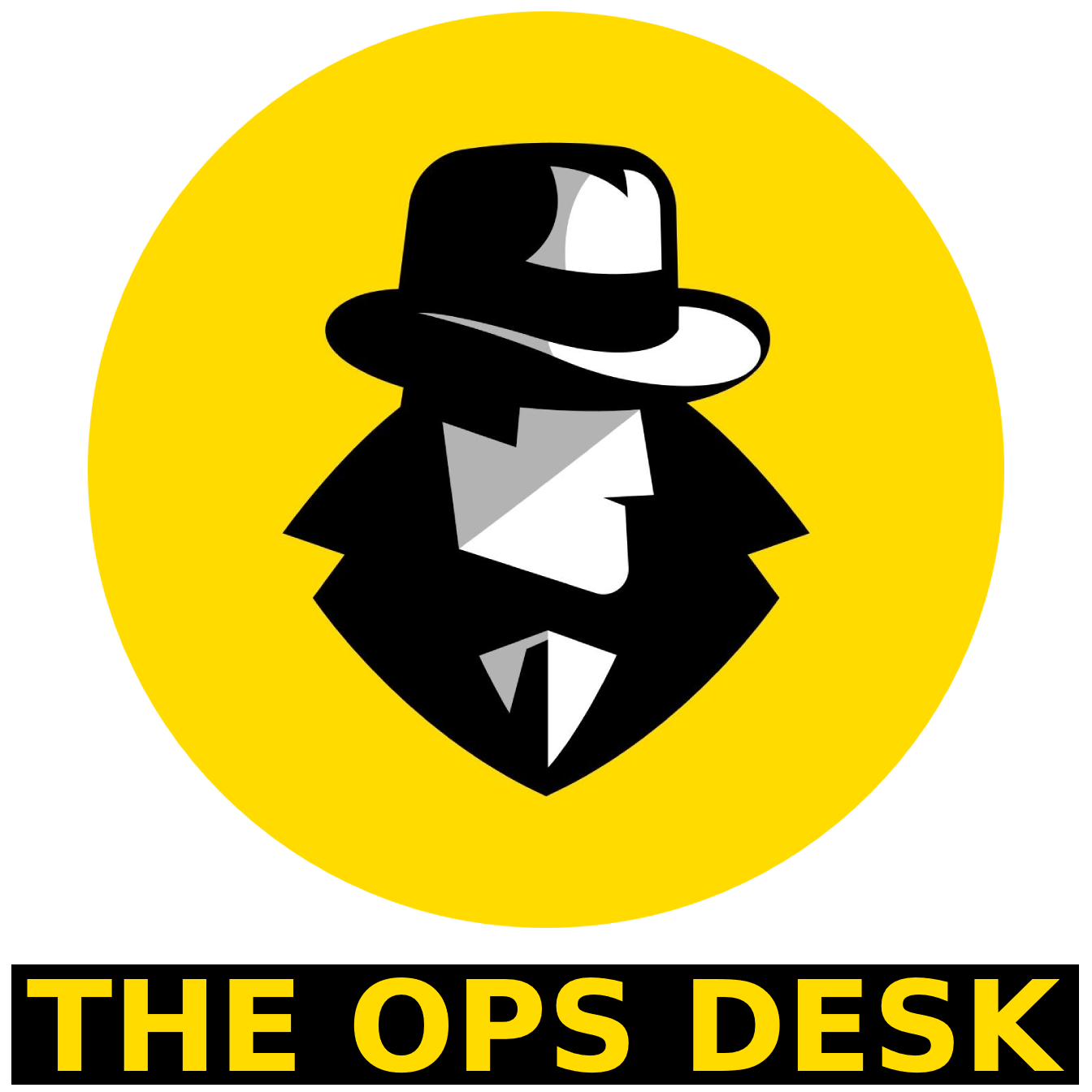Hamas’ top political leader, Ismail Haniyeh, was killed early Wednesday by a predawn airstrike in Tehran, according to statements from both Iran and the militant group. They blamed Israel for the assassination, a move that risks escalating tensions into a broader regional conflict. Iran’s supreme leader has vowed revenge against Israel.
Although Israel has not commented on the strike, it had previously vowed to target Ismail Haniyeh and other Hamas leaders following Hamas’ attack on southern Israel on October 7, which ignited the current war in Gaza. The airstrike occurred shortly after Haniyeh attended the inauguration of Iran’s new president in Tehran and not long after Israel targeted a senior Hezbollah commander in Beirut, Lebanon.
The assassination is significant due to its location, timing, and the potential consequences, which could push Iran and Israel towards direct confrontation if Iran retaliates. The U.S. and other nations are working to prevent the situation from spiraling into a wider war.
Iran’s supreme leader, Ayatollah Ali Khamenei, declared on his official website that Israel would face severe repercussions for the killing, describing it as a “harsh punishment” for hosting “a dear guest in our home.”
Tensions between Israel and Iran have been high, with previous incidents nearly leading to war, such as the Israeli strike on Iran’s embassy in Damascus in April and the subsequent exchange of strikes.
Haniyeh’s assassination may also affect Hamas’ negotiations for a ceasefire and hostage release in the ongoing Gaza conflict, according to U.S. mediators.
The killing could further escalate tensions between Israel and Hezbollah, who denied involvement in a recent rocket attack that killed 12 people in the Israeli-controlled Golan Heights. Israel’s strike in Beirut on Tuesday, which killed a top Hezbollah commander, was met with a search for the commander’s body amid the rubble.
There has been no immediate response from the White House regarding Haniyeh’s death, and U.S. Secretary of State Antony Blinken stated that the U.S. was not involved or aware of the operation. He emphasized the importance of pursuing a ceasefire.
A top Hamas official, Khalil al-Hayya, stated that Haniyeh’s successor would continue with the same policies and resistance against Israel.
U.S. Secretary of Defense Lloyd Austin expressed hope for a diplomatic solution on the Israeli-Lebanese border, while international diplomats were concerned about the potential for a devastating regional war.
Israeli officials have not commented on Haniyeh’s assassination. Israeli Defense Minister Yoav Gallant emphasized that Israel does not seek war but is prepared for all possibilities.
Haniyeh, who had been living in exile in Qatar since 2019, was targeted in Iran, which is more sensitive compared to previous Israeli operations in Lebanon and Syria. The strike on Haniyeh in Tehran is part of a broader pattern of Israel’s covert operations, including the campaign against Iranian nuclear scientists that led to the assassination of Mohsen Fakhrizadeh – a top nuclear scientist – in Tehran in 2020.

During his final hours in Iran, Haniyeh attended the inauguration of President Masoud Pezeshkian and met with Khamenei. Hours later, the airstrike hit his residence, killing him and one of his bodyguards.
Iran’s Revolutionary Guard has warned of a harsh response, and an emergency parliamentary meeting was scheduled to address the incident.
Hamas’ military wing stated that Haniyeh’s assassination would have significant repercussions across the region.
Israeli Prime Minister Benjamin Netanyahu has reiterated Israel’s commitment to its campaign in Gaza, which has resulted in significant casualties. Despite intense bombardment, Hamas continues to operate and launch rockets into Israel.
The regional impact of Haniyeh’s assassination could be profound, potentially increasing attacks by Iran’s allies, including Hezbollah, Shiite militias in Iraq and Syria, and Houthi rebels in Yemen. Hezbollah has been exchanging fire with Israel across the Israeli-Lebanese border, and other Iranian-backed groups have targeted Israel and U.S. bases.
A recent strike near Baghdad, attributed to the U.S., killed members of an Iranian-backed militia, further complicating the situation. The U.S. defense official stated that the strike was a defensive action against combatants posing a threat to U.S. and coalition forces.









